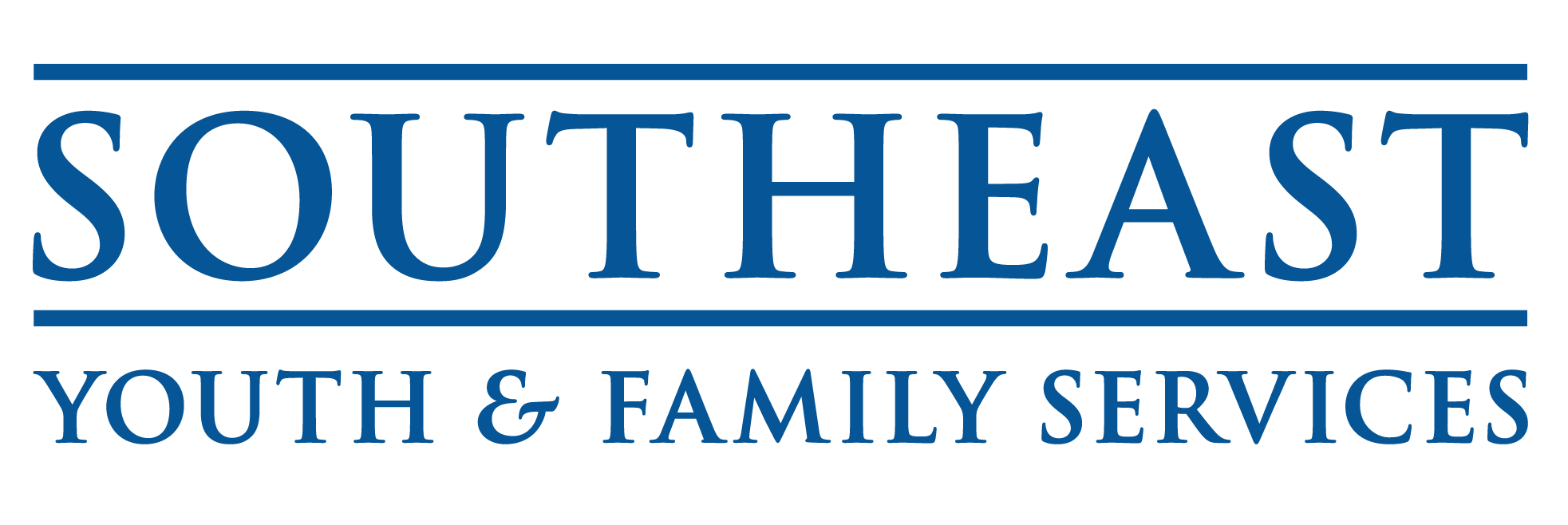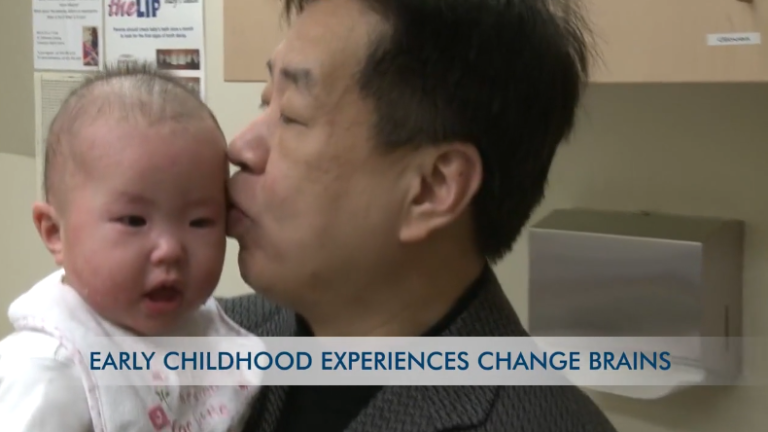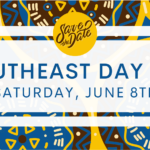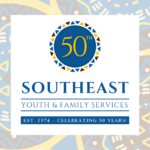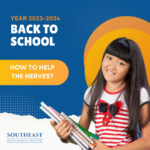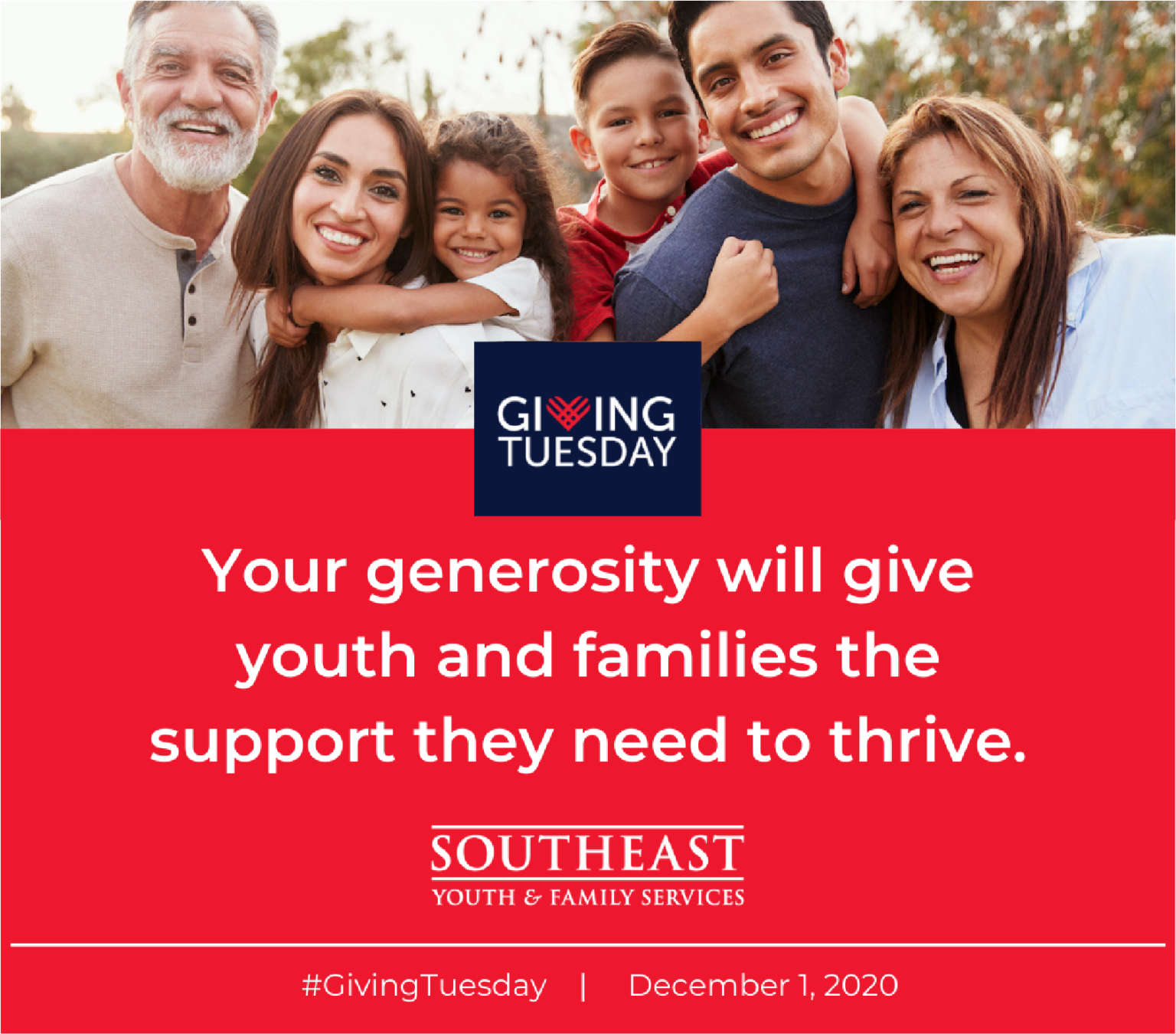COVID-19 Resources
United Way of King County — information about many forms of COVID-19 crisis support, including rental and utilities assistance, food, unemployment services, and more.
*Important Rental Assistance Update (4/14/2020): United Way is accepting applications via email at RentHelp@uwkc.org. Here are links to downloadable application forms:
King County’s COVID-19 Daily Updates — information about how to take care of yourself and others, guidance on what to do if you are ill, and public health recommendations in multiple languages.
King County Emergency Child Care for Essential Workers (pdf) — information from Child Care Resources about King County’s committment of $2.2 million to provide child care, free of charge, for essential workers who live or work in the County. Information available in multiple languages.
Seattle Municipal Court’s COVID-19 Resource Guide (pdf) — information about cash and financial assistance, emergency food vouchers, health care, legal assistance and more.
The City of Seattle posts daily updates on programs and services available to residents impacted by the pandemic.
Seattle Public Schools’ COVID-19 Resources — information about student meals, child care, learning resources, school-related FAQs, and more.
One America has compiled a comprehensive list of COVID-19 resources for immigrants, including a COVID-19 Relief Fund for Undocumented Individuals in Washington State.
Early Learning & Mental Health
Everything we do at Southeast Youth & Family Services is rooted in our understanding about Adverse Childhood Experiences (ACEs). We know that understanding the impact trauma has on us is essential to knowing how to recover and build resilience for both children and adults. Stress is an inevitable part of life, but social supports are key to buffering stress so it is not toxic.
Here are some resources that do a great job of explaining the foundation of the early learning and mental health services we provide to our community.
Helping Children by Helping Adults
This video animation by Harvard University’s Center on the Developing Child shows how Adverse Childhood Experiences (ACEs) impact us all and how to build resilience.
More from Harvard’s Center on the Developing Child
What Is Executive Function? And How Does It Relate to Child Development?
How the Brain Works
Science is teaching us much about how our brains are built, how they develop, the impact early relationships and trauma have on the developing brain, and the key role that promoting positive relationships plays in building resilience.
What We Know About Brain Architecture
“Kids can’t build strong brains by themselves — they need positive, nurturing interactions with trusted caregivers to support their development.”
